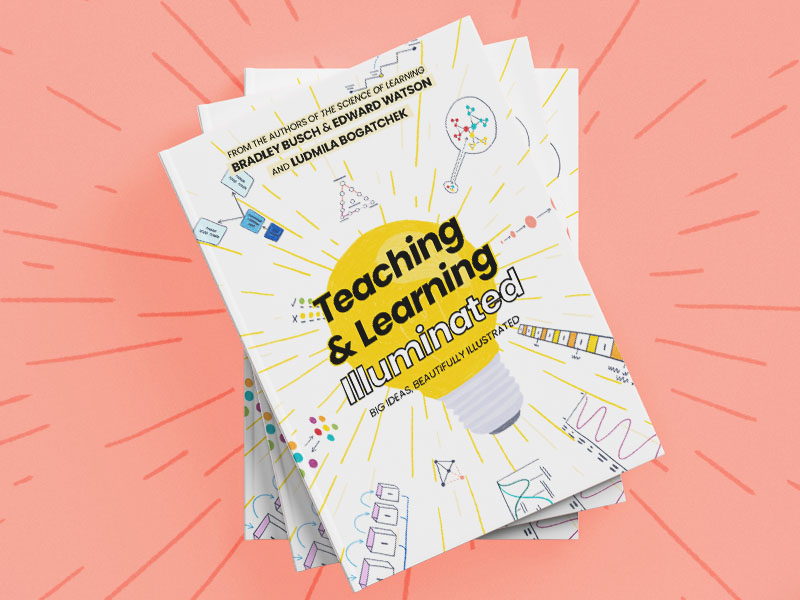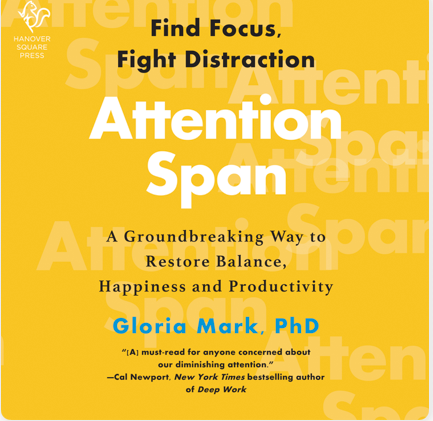Tags
ADHD adolescence attention autism book review book reviews boundary conditions classroom advice conference speakers constructivism/direct instruction creativity desirable difficulty development dual coding elementary school embodied cognition emotion evolution exercise experts and novices gender high school homework intelligence long-term memory math methodology middle school mindfulness Mindset motivation neuromyths neuroscience online learning parents psychology reading retrieval practice self-control skepticism sleep STEM stress technology working memoryRecent Comments
- Book Club Materials for Just Tell Them – Education Rickshaw - Metro Health News on Just Tell Them: The Power of Explanations and Explicit Teaching...
- How to Present at a Conference... |Education & Teacher Conferences on Enjoyment or Skill? The Case of Reading
- How to Present at a Conference... |Education & Teacher Conferences on Do *Goals* Motivate Students? How about *Feedback*?
- Roberta on Seriously: What Motivates Teachers to Be Funny?
- Revisiting the "Handwriting vs. Laptops" Debate: More Moving Goalposts |Education & Teacher Conferences on Handwritten Notes or Laptop Notes: A Skeptic Converted?
ABOUT THE BLOG

Guest Post: “My Learning and the Brain Story”
Beth Hawks has taught science for 25 years. She now serves as the science department…
Posted in L&B Blog
Leave a comment

Classroom Cognition Explained, or, Dual Coding Just Right
The Good News: research into cognitive science can be SPECTACULARLY USEFUL to teachers. (That’s why…

An Argument Against “Chunking”
Learning and the Brain exists so that we can talk about good teaching together. Although…
Posted in L&B Blog
Leave a comment

Do Animations Improve Learning? A Definitivie Answer, Please…
Recently I discussed working memory overload with a group of wise and thoughtful teachers. I showed…

